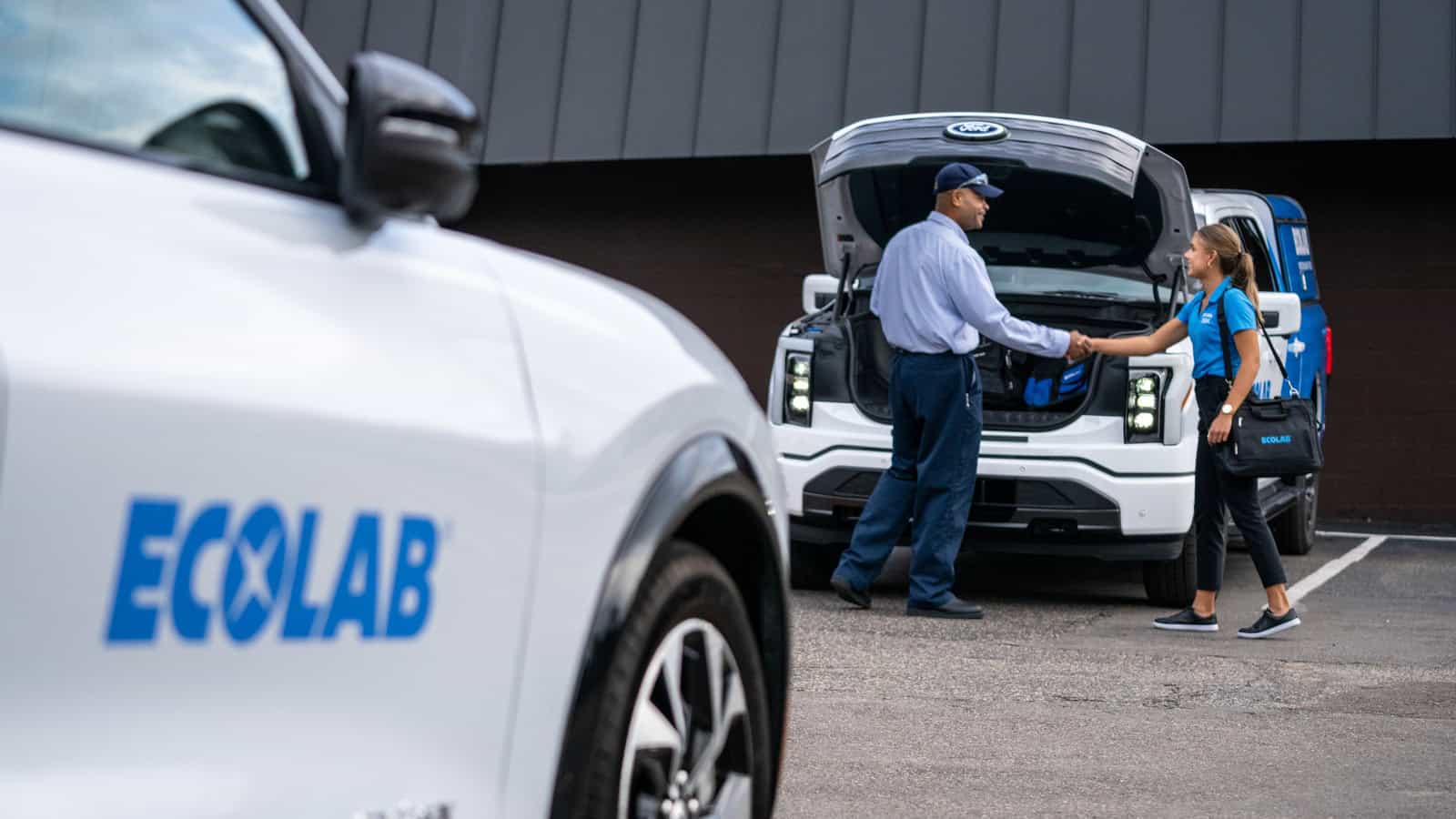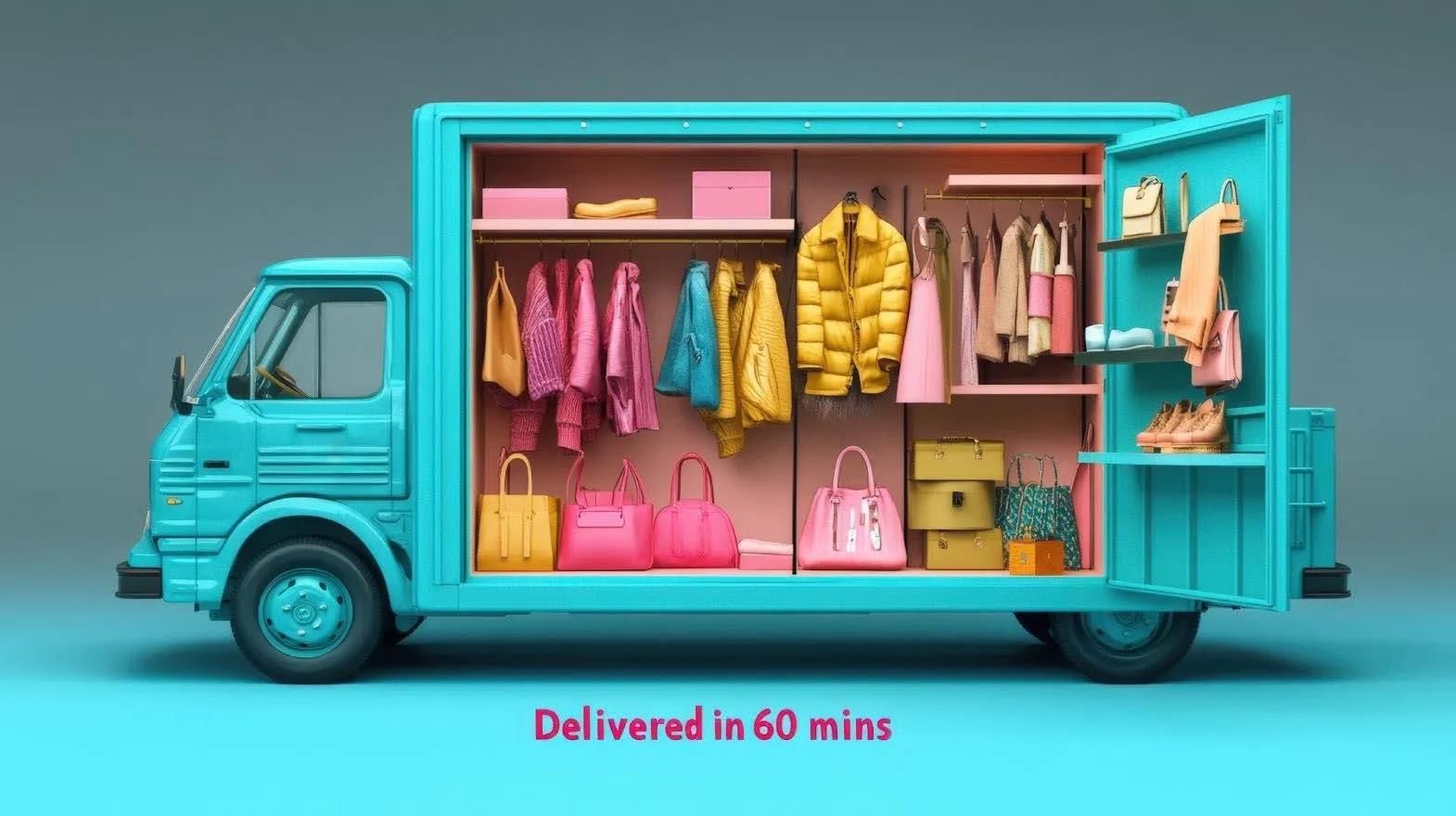Bussiness
Making the Business Case for Sustainability

Ecolab’s mission hasn’t changed much in more than 100 years. It’s still “bringing science to our customers in a way that drives performance, productivity and less water and energy use.”
- That’s according to Ecolab Chief Sustainability Officer Emilio Tenuta, who says being climate-minded is not only “the right thing to do,” but also at the core of the St. Paul, Minnesota–headquartered water, hygiene and infection-prevention company’s operating model.
A dual purpose: “We make the business case for why sustainability and [profitability] can go hand-in-hand when it comes to driving solutions,” Tenuta told us recently. “It’s why 48,000 Ecolab associates wake up every morning with the feeling, ‘We’re making a real difference in the world.’”
- Ecolab—which recently announced that 100% of its European operations are now powered by renewable energy sources—helps millions of customers worldwide reduce their environmental impact while promoting food safety, maintaining clean environments and optimizing resource use.
- “At Ecolab, we talk about eROI—Exponential Return on Investment,” Tenuta explained. “It’s about understanding that we have the ability to deliver on a business outcome—profitability—while also delivering an environmental impact.”
Don’t forget water: Often neglected in sustainability conversations, Tenuta said, is water. For a full picture of the effect of conservation and innovation efforts on climate, water needs to be factored in.
- “Sometimes we forget the role that water plays in addressing climate change,” he continued. Depending on the type of manufacturing, up to 75% of energy is driven by the water systems. You have to heat it, treat it, pump it, cool it. …Water doesn’t necessarily get the same headlines as climate, but if you follow the water, that’s going to have a lasting impact” on the environment, while also saving you money.
A holistic approach: In addition to being recognized regularly for its environmental stewardship, Ecolab is routinely named to most-ethical-company lists. That’s no accident; to the company, caring for the planet goes hand-in-hand with caring for people, Tenuta told the NAM.
- “Workplace quality is just [one way of] demonstrating a holistic approach to the world,” he said. “That’s how we think about it at Ecolab. It’s for us as a company but it’s also for society as a whole.”
A sustainable partnership: In furtherance of its financial and net-zero emissions goals, the firm recently partnered with Ford to electrify its service and sales vehicles.
- Ecolab—which has “a longstanding relationship dating back almost 100 years” with the automaker, according to Tenuta—has pledged to both halve emissions from its own operations and help its customers reduce their emissions by 6 million metric tonnes by 2030. “To get there, we need to implement initiatives like electrifying our fleet,” he said.
- Under the program, Ecolab will buy and deploy more than 1,000 Ford F-150 Lightning and Mustang Mach-E electric vehicles for its employees in California by 2025. The company will then move to electrify its entire North American sales and service fleet by 2030. “This allows us to support our associates so they can be more productive in their day-to-day work serving our customers and getting to net zero.”
Advice for manufacturers: Achieving sustainable operations doesn’t happen overnight—but undertaking the efforts to get there is well worth manufacturers’ time, Tenuta said.
- “Sustainability requires a multifaceted approach that considers all things: social, emotional, economic. It’s about in some ways taking a longer-term view of progress and opportunity. That can be challenging, but by elevating innovation and long-term commitment, companies can build a more sustainable future … and boost profitability.”








